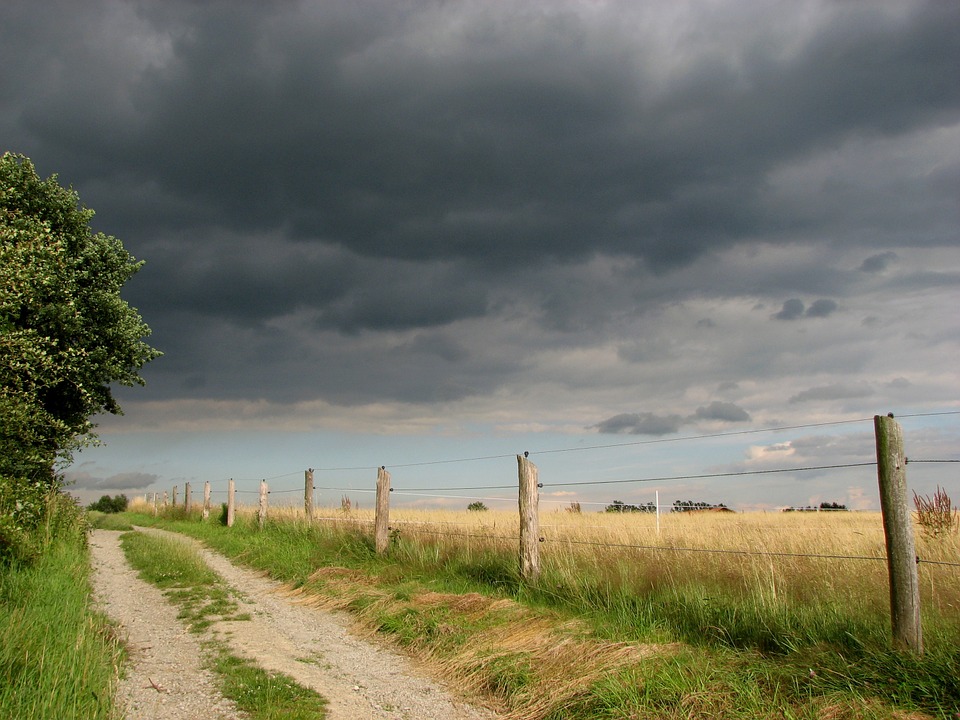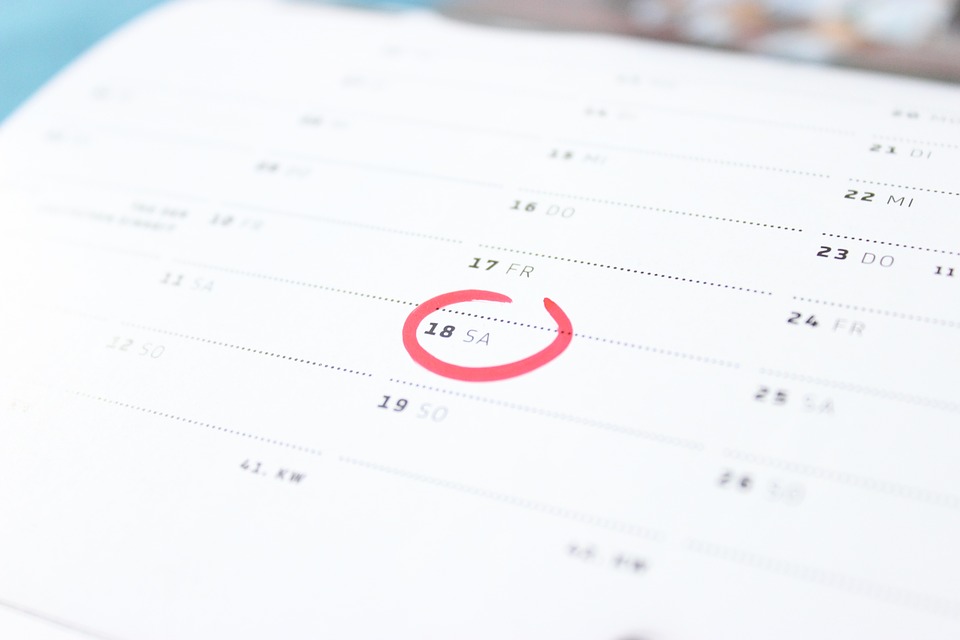Key Difference – Going To vs Present Continuous
Several grammatical formations can be used to talk about the future. Going to and present continuous are two such constructions. Although many people assume that going to and present continuous are the same due to their similar grammatical structure, there is a distinct difference between the two. Going to can be used to talk about general plans, intentions as well as events that are likely to happen. In contrast, the present continuous is used to talk about a fixed arrangement. This is the key difference between Going To and Present Continuous.
What Does Going to Mean and When to Use?
The phrase going to can be used to talk about a future. Going to have two specific functions in the future.
Talking about plans, intentions and decisions (that have been already made)
I’m going to read it tonight.
She is going to start cooking soon.
We’re going to get married.
Predicting something that’s likely to happen based on present evidence
Be careful; you are going to slip.
Look at those clouds; it’s going to rain.
She’s going to have a baby.
Formation of Sentence Using Going to
Subject + be (am/is/are) + going to + infinitive + complement
I am going to write a letter.
He is going to complete the assignment tonight.
She is going to drive to work today.

It’s going to rain today.
What is Present Continuous?
Present continuous is mainly used to refer to events and actions that are happening in the present. However, it is also used to denote future as well. Present continuous can be used to fixed plans with a definite time and/or place.
She is starting school next January.
He is taking his son to Disneyland for his birthday.
I’m meeting the bank manager at 10’o clock.
I’m flying to London on 26th.
Formation of Sentence Using Present Continuous
Subject + be (am/is/are) + present participle
I am running
You are running
She/ He/ It is running
We are running
They are running

I’m meeting him on 18th Saturday.
What is the difference between Going To and Present Continuous?
Use:
Going to refers to the future.
Present continuous can refer to both present and future.
Future:
Going to is used with general plans and intentions.
Present continuous is used with fixed arrangements.
Verb:
Going to uses the infinitive form of a verb.
Present continuous uses the present participle of a verb.
Prediction:
Going to can be used to talk about something that is likely to happen.
Present continuous cannot be used to talk about something that is likely to happen.
Image Courtesy: Pixbay
ncG1vNJzZmivp6x7pbXFn5yrnZ6YsqOx07CcnqZemLyue8OinZ%2Bdopq7pLGMm5ytr5Wau26zzqKloGWkpHqiusNmraxloKeytLHNrWScp56ptq%2FBzq6qaA%3D%3D